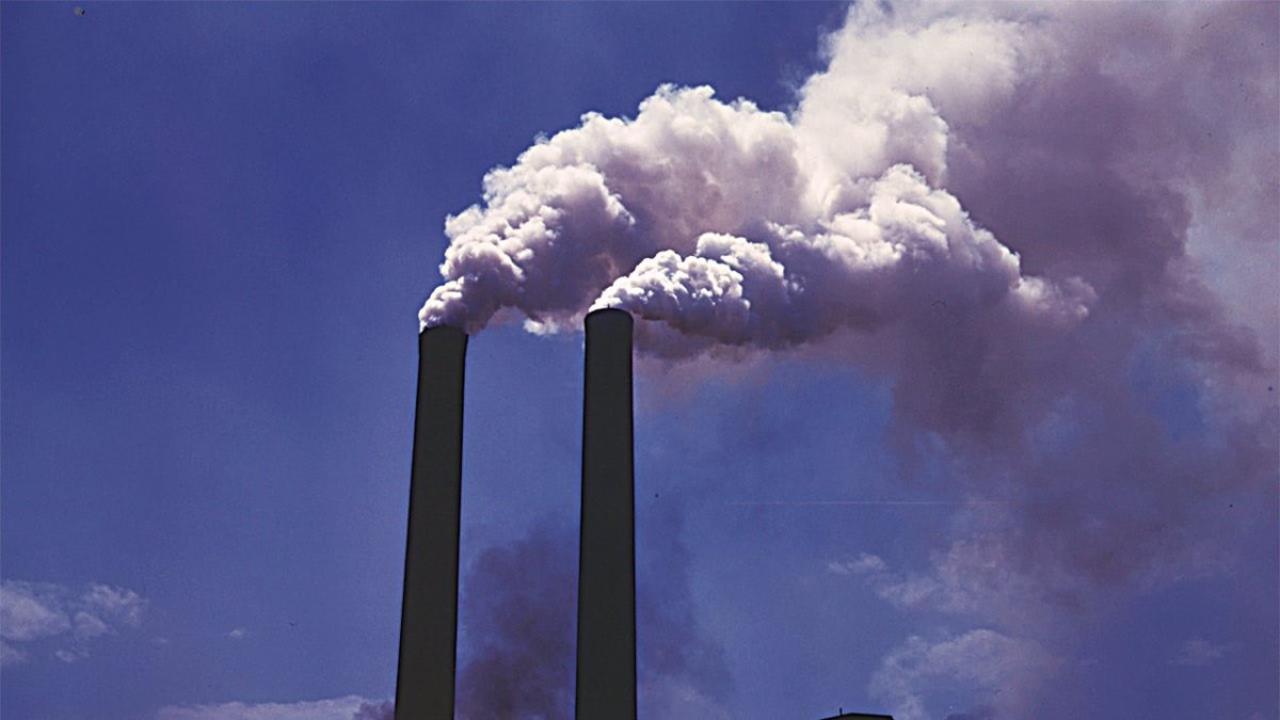
The results will be presented to the Ministry of Environment and Climate Change, the body responsible for creating the Climate Plan, until November.
The Government of Brazil, through the Ministry of Development, Industry, Commerce and Services, has installed today, Friday, the Working Group of the Sectoral Greenhouse Gas Mitigation Plan in order to decarbonize some industrial sectors in the country.
Coordinated by the Secretariat of Green Economy, Decarbonization and Bioindustry, the group will debate and help establish industry decarbonization objectives in the context of the commitments made by Brazil in the Paris Agreement.
With the aim of building a plan applicable to the private sector, the group has the presence of the National Confederation of Industry (CNI) and the Federations of Industries of the States of São Paulo (Fiesp) and Minas Gerais (Fiemg), in addition to representatives of the six industrial sectors that emit the most: cement, paper and pulp, aluminum, steel, chemical products and glass.
Currently, the industry is responsible for the emission of 6% of the total greenhouse gases emitted by Brazil, of which 85% are diffused by the sectors that participate in this committee.
The results will be presented to the Ministry of Environment and Climate Change, the body responsible for creating the Climate Plan, until November. The guiding document for Brazil to maintain the pace of reducing deforestation and for the transition to a low-carbon economy towards climate neutrality should be published in 2025 by the ministry.
At the meeting, a working group on wind energy in Brazil will also be established, with the aim of promoting the industrial development of this sector. Wind energy is the second source of renewable energy in the national electricity matrix, contributing 14.8% of the total, according to data from the National Electric Energy Agency (Aneel).
The group's role is to analyze climate change scenarios and how they will affect industrial production sectors, in addition to pointing out specific actions, programs and measures to minimize the effects on industry supply.
The group will also map risks and identify the most vulnerable production chains, pointing out possible solutions and means of financing. In addition, it will indicate adaptation objectives until 2030 and will indicate guidelines for 2035 and 2050.









